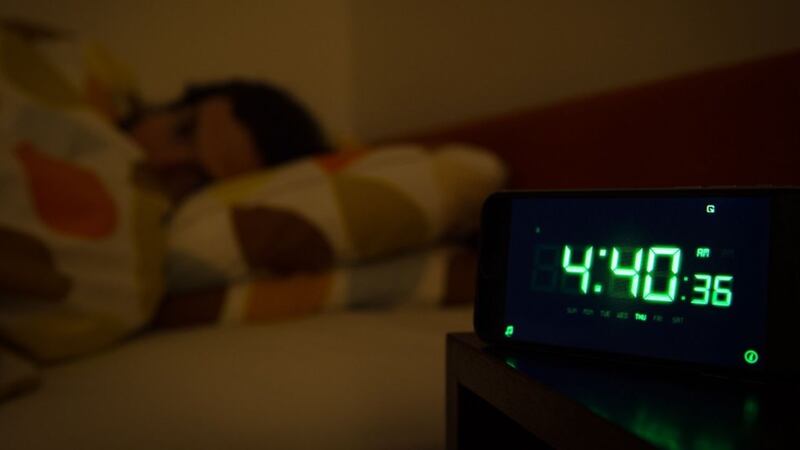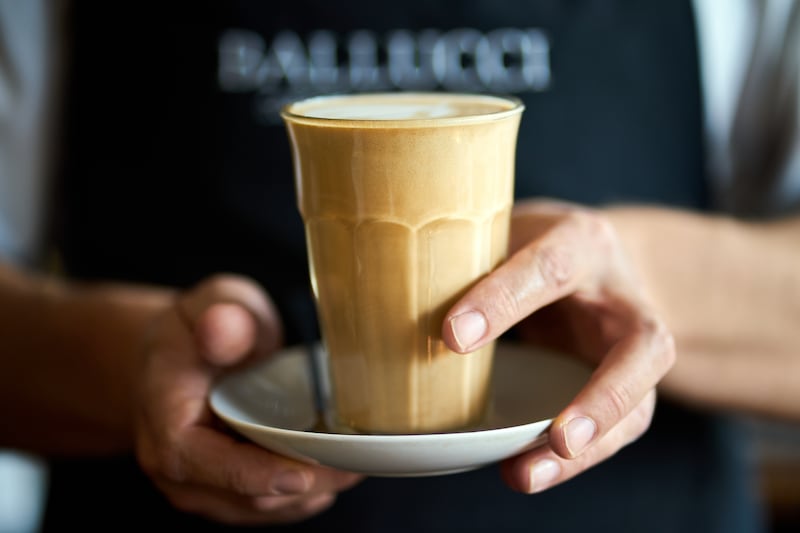People are increasingly using tech to track their sleep – but excessive monitoring could actually harm your attempts to get some shut-eye.
The data produced by the devices can be misleading, and put pressure on people to sleep “better” which in turn could contribute to anxiety-induced insomnia, according to a new study from the Rush University Medical School in Chicago.
Psychologist Kelly Glazer, who led the study, said trackers are “not able to differentiate between light and deep sleep” and that they may even “call it sleep when you’re reading in bed”.
i will try anything to get to sleep right now except putting down my phone n shutting my eyes . Anything !!!
— beth mccoll (@imteddybless) September 30, 2015
An estimated 15% of Americans own a sleep-tracker or wearable fitness device, and half are thinking of buying one, so their use is pretty widespread.The study, published in the Journal of Clinical Sleep Medicine, found that often when patients, who were convinced they were sleeping badly because of what their tech had told them, slept in special laboratories, their brain waves and other indicators suggested they were sleeping well.
“They think the devices are able to do more than they really can,” said Glazer.Don’t chuck away your tracker just yet, though. The study concludes the devices can provide a rough estimate of how many hours’ sleep you’re getting a night, but just shouldn’t be used to diagnose more serious issues like sleep apnea.“It’s not always possible to hack the perfect night of sleep,” she says.






